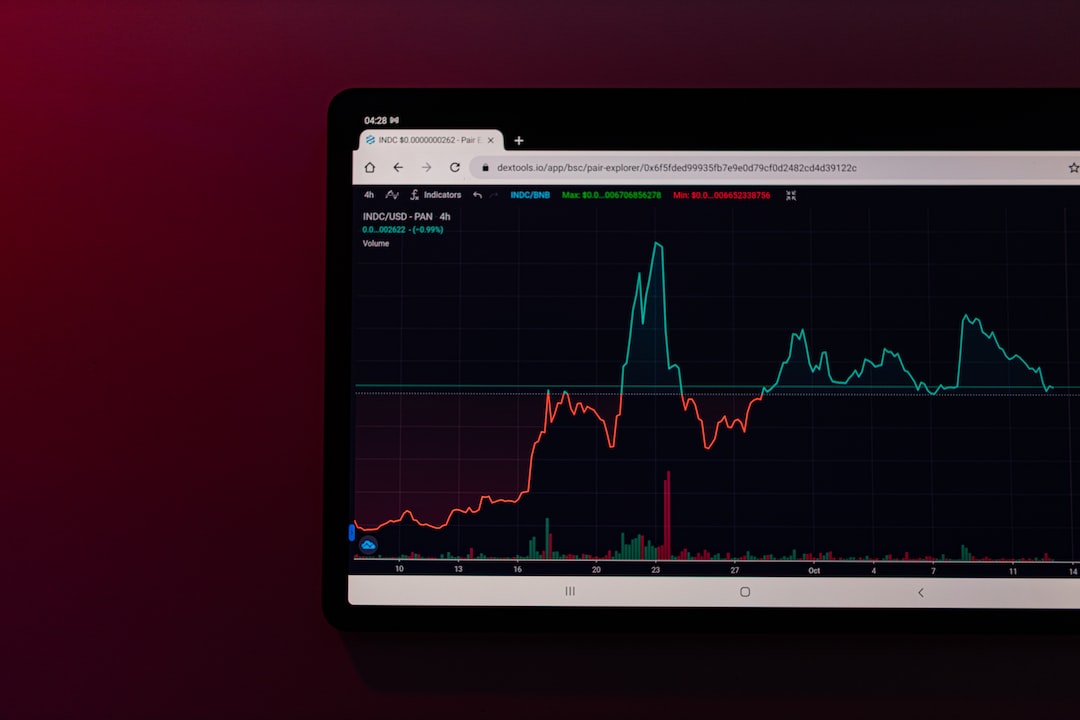US Commodities Regulator Considers Enforcement Action Against Co-Founder of Bankrupt Crypto Lender Voyager
The Commodity Futures Trading Commission (CFTC) is reportedly contemplating taking enforcement action against Stephen Ehrlich, the co-founder of a bankrupt crypto lender called Voyager. The CFTC is investigating whether Ehrlich misled customers about the safety of their assets.
According to anonymous sources familiar with the matter, the CFTC commissioners are currently voting on whether to pursue enforcement actions against Ehrlich within the next few days. It’s important to note that Ehrlich has not yet been formally accused of any wrongdoing, and any charges filed by the CFTC would be civil charges.
Ehrlich, who was the CEO of Voyager when it filed for bankruptcy in July 2022, expressed his frustration with the potential enforcement actions in an email to Bloomberg. He stated that Voyager had worked closely with regulators and believed the allegations were unfounded. Ehrlich expressed confidence in being vindicated in court.
Voyager’s Troubles and Bankruptcy
In August, blockchain tracker Lookonchain discovered that Voyager had been selling assets on Coinbase, a US-based crypto exchange, and receiving approximately $85 million worth of USD Coin (USDC).
Voyager ultimately went bankrupt after another crypto lending firm called Three Arrows Capital (3AC) failed to repay a loan worth hundreds of millions of dollars.
Hot Take: CFTC Contemplates Action Against Voyager Co-Founder
The US Commodity Futures Trading Commission (CFTC) is reportedly considering taking enforcement action against Stephen Ehrlich, co-founder of bankrupt crypto lender Voyager. The CFTC is investigating allegations that Ehrlich misled customers about asset safety. While formal charges have not yet been made, the CFTC is expected to decide on enforcement actions soon. Ehrlich denies any wrongdoing and believes the allegations are baseless. Voyager faced financial troubles after Three Arrows Capital failed to repay a loan, ultimately leading to bankruptcy. The outcome of the CFTC’s investigation and potential enforcement action will determine the future of this case.





 By
By


 By
By
 By
By